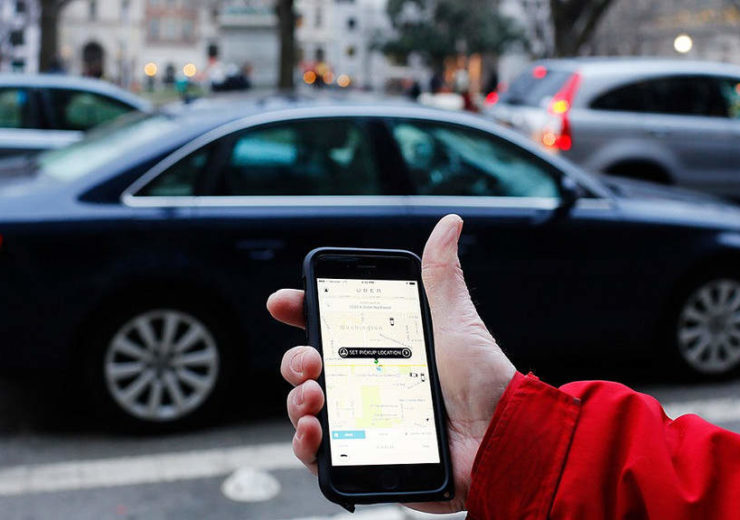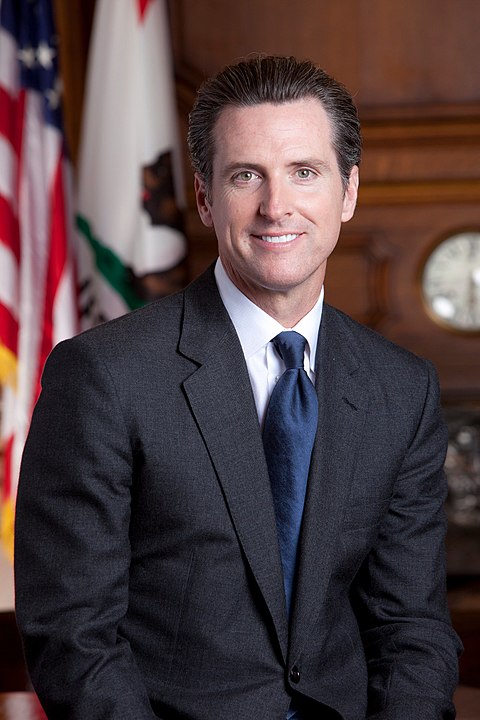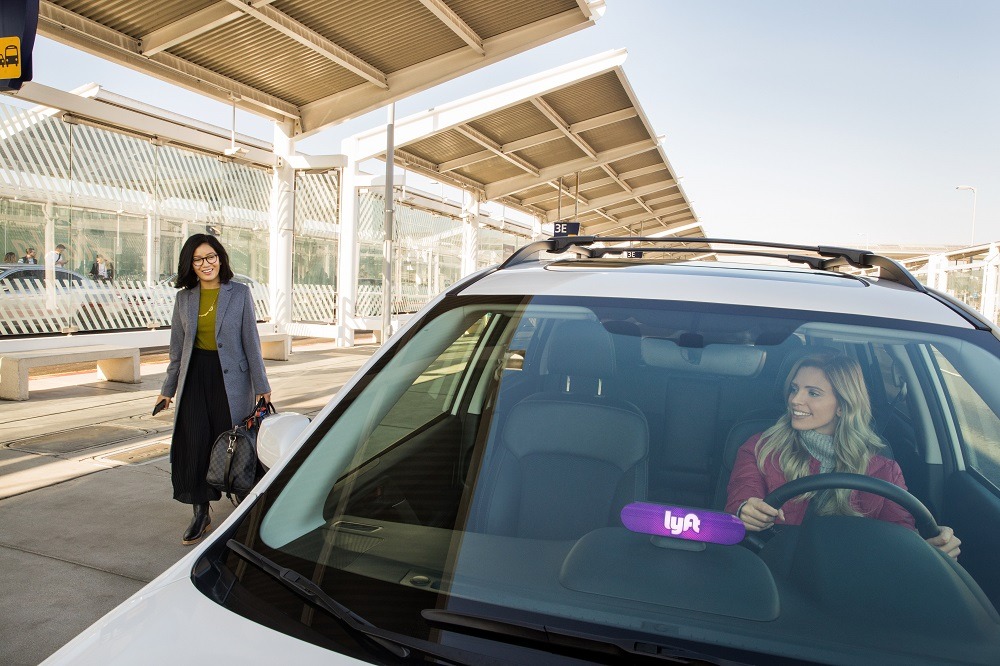The new bill passed by lawmakers in California paves the way for gig economy workers to enjoy the same benefits as regular employees

Assembly Bill 5 would provide Uber drivers with the additional workers rights (Credit: Flickr/Mark Warner)
Workers in the gig economy have long complained about exploitation, poor pay and lack of benefits — but a new piece of legislation, Assembly Bill 5, could bring such workers in California the same rights as regular employees.
Many companies, including tech giants such as Uber, DoorDash and Lyft, classify their workforce as self-employed contractors, meaning no automatic entitlement to a range of statutory benefits, including sick pay, holiday allowance or a minimum wage.
Assembly 5 Bill, or AB5, was first introduced to Californian State Assembly by member Lorena Gonzalez in December 2018.
The bill cites the “misclassification of workers” as a contributor to the “erosion of the middle-class and the rise in income inequality”.
It aims to codify the Dynamex Operations West v. Superior Court of Los Angeles ruling which set an “ABC” test to establish whether a worker is an employee or contractor.
To be classified as a contractor under the three-part test, a worker must be free from the control of the hirer, perform work outside the scope of the hiring entity’s business and be engaged in a similar, independently established business or trade.
The landmark ruling could help prevent gig economy employers using ‘contractor’ status to avoid obligations such as paying the minimum wage, unemployment insurance, paid sick leave and disability insurance.
Assembly Bill 5 passed by senate
On Tuesday, Assembly Bill 5 passed through the Californian State Senate.
The bill will now return to the State Assembly for any amendments to be approved, before going to the Californian Governor Gavin Newsom for final approval.
If passed into law, the bill could impact thousands of workers who are employed by companies such as Uber, Lyft, DoorDash and Instacart, as well as taxi drivers, translators and franchise owners.
During the debate, Californian Senator Maria Elena Durazo said: “Let’s be clear, there’s nothing innovative about underpaying someone for their labour and basing an entire business model on misclassifying workers.”
Proponents claim that misclassification of workers has cost the state $8bn a year from lost taxes and wages and from the payment of additional social subsidies for gig economy workers.

Governor Newsom has come out in favour of Assembly Bill 5, which could go into effect from 1 January 2020.
In an article for the Sacramento Bee, he said: “Reversing the trend of misclassification is a necessary and important step to improve the lives of working people.
“That’s why, this Labor Day, I am proud to be supporting Assembly Bill 5, which extends critical labour protections to more workers by curbing misclassification.”
What do Uber and Lyft say about Assembly Bill 5?
The bill could add an estimated 30% to labour costs of companies such as Uber and Lyft in California.
Gig economy employers claim that their contractors enjoy the flexibility of the work and the proposed changes would lead to the implementation of shifts, scheduling and enforcement of minimum hours.
In a statement Lyft said: “Our state’s political leadership missed an important opportunity to support the overwhelming majority of rideshare drivers who want a thoughtful solution that balances flexibility with an earnings standard and benefits.
“We are fully prepared to take this issue to the voters of California to preserve the freedom and access drivers and riders want and need.”

Uber released a statement promising to raise driver wages to $21 an hour, additional benefits and new bargaining tools that would allow them to negotiate pay and other issues with the company.
It added: “California lawmakers should consider drivers’ unique needs first and foremost, and provide leadership with a new model for workers, not just add to the growing collection of industries carved out from the Dynamex decision.”
Importantly, Lyft, Uber and DoorDash are now seeking exemption from Assembly Bill 5.
The trio have stumped up $90m to fund a ballot initiative (a petition that needs to be signed by a predetermined number of registered voters) which could eventually lead to a public vote allowing them to continue to classify drivers as independent contractors.
The case will be taken to ballot in November 2020.


